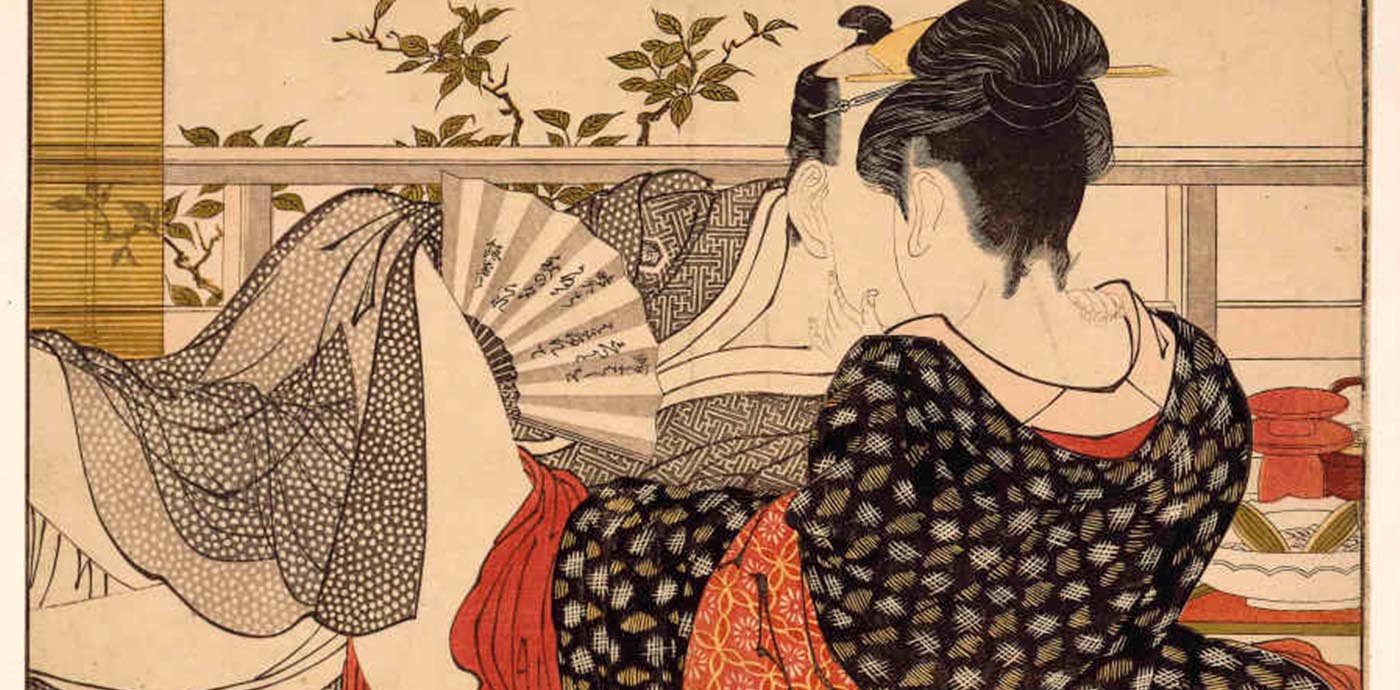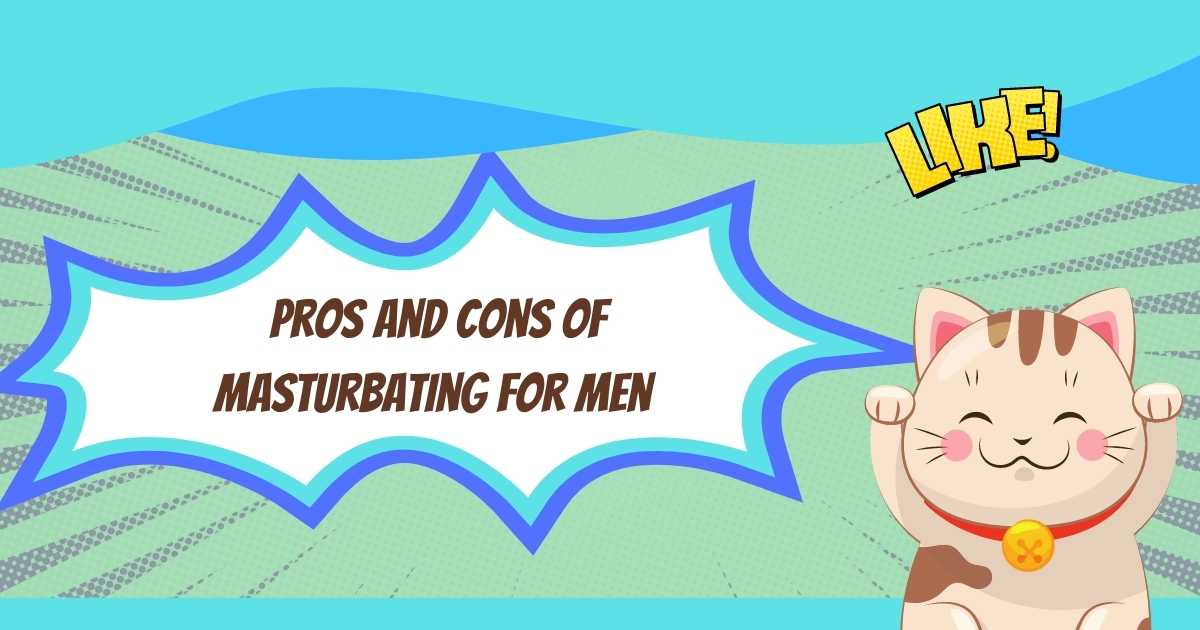The number of couples and single people living sexless lives is very high in Japan. The different cultural practices in the country greatly influence Japanese sexuality culture. Sexuality is something that is kept private most of the time, and people prefer keeping it to themselves.
However, cultural beliefs and history play a big part in shaping how sexuality is approached. There is a very low interest in sex among young people despite the trends stating that youths in Japan are highly sexually active. There's less pressure now and strictness within the culture. This is much different than how things have been in past generations when it comes to the Japanese youths choosing who they want to date. However, they're still finding it hard to find partners to marry.
Across the world and in the media, sexuality is openly being discussed, members of the LGBT community are building strong movements to ensure their presence is known and felt publicly. When it comes to Japan, sexuality is a disputed subject between many of its citizens. In this article, we'll have a deeper look at the topic of Japanese sexuality culture to understand the social, historical, and cultural aspects.
The Effect of Japanese Culture on Females' Normal Sexual Functioning

Research shows that the level of sexual desire females have can be significantly affected by cultural aspects. This is relatively obvious in Japan. A large number of females are suffering from hypoactive sexual desire disorders.
However, it's not a matter that's openly discussed, and therefore the numbers recorded are low. This is primarily because females are not open to discussing it because it's not an abnormal thing to them. Hence they don't refer to it as a disorder or try to get any professional help.
Generally, the Japanese culture is against talking openly about sexual subjects. It's considered taboo, and being raised in such beliefs makes a lot of females hold back sexual concerns. That's why the recorded numbers of most sexual disorders are extremely low. The statistics collected from Japan in 1998 show that people suffering from sexual aversion disorder make up 8.1% of all sexual disorders.
The number of females suffering from the condition was higher than that of males. Females made up 82%, and the males were 18% of the overall number of diagnosed cases. The same statistics are also affected by cultural beliefs. Phobic aversion is brought about by the absence of receptiveness from couples, especially those suffering from sexual aversion. This is seen to be increasingly high in Japan due to the Japanese sexuality culture.
The Catastrophe of Not Engaging in Sex in Japan

Their socioeconomic status mainly determines the heterosexual sexual encounters for the Japanese men. The number of virgins reported in Japan currently isn't as high as they were before. There is a phenomenon in Japan known as sekkusu-banare that literally translates to wandering away from sexual activities. A lot of young people aren't very enthusiastic about having sex or intimate relationships. According to statistics from Japan's National Fertility Survey, almost half of people who had never been married before between the ages of 18 and 34 have never engaged in heterosexual sex.
However, the survey didn't specifically mention that those statistics aren't only for people who haven't been married before, but it's actually young adults in Japan who are virgins.
Such numbers have brought about interest as to why not a lot of young people in Japan are interested in having sex or having intimate relationships. Most of the research on Japanese sexuality culture being conducted focuses on young men's preference to use sex toys and use heroines from video games to satisfy their sexual desires instead of doing it with real women. There obviously seems to be a virginity crisis in Japan. The main concern isn't on the sexual inexperience that young people have; instead, it's the people who decide not to have sex at all as young adults.
Some figures about Japanese sexuality
In regards to the statistics on the number of virgins provided by the National Fertility Survey, the virginity rate of young adults is much lower than the numbers provided by those who have never been married. Only one out of four had never engaged in sex by 2015. More than 50% of the population lost their virginity in their early twenties in the past ten years.
At the same time, a small number decided to lose their virginity in their thirties. Most of the people in their thirties aren't virgins, only about one out of twenty.
The issue that most influenced these numbers is people's income and their employment status. The most extensive number of virgins was accounted for by men with a lower income level. On the other hand, those who earn more are most likely not to remain virgins.
People with regular jobs are also most likely not to be virgins compared to those who have temporary jobs or completely unemployed; they tend to be virgins more often than not. For most men, it's safe to conclude that their social status plays a significant role in whether they remain virgins or not and it has a significant impact on the ongoing Japanese sexuality culture.
Why Aren't People Having Sex In Japan?
Most of the people under 40 don't have sex and don't seem to be bothered about it in any way due to the Japanese sexual culture. The following are some of the reasons why a lot of people aren't having sex in Japan.
The Government

The government's "celibacy syndrome" is influencing the crisis in Japan. The government is at fault in how much the citizens aren't engaging in sex and the low birth rate. The number of single people is increasingly becoming high in the country. According to more research, some people in their thirties hadn't ever even been in any committed relationship. The culture in Japan conforms to the ideal family model as a man who is employed and a wife who stays at home.
Therefore, most people end up confused when they feel like they want a different approach towards different forms of intimacy than what they have been lead to believe is acceptable.
A majority of the population doesn't believe in love. This is due mainly to the tragic situations that have taken place in the country over the years, from economic stagnation, nuclear destruction, tsunamis, among other catastrophes. The Japanese sexuality culture is now influenced as they also view relationships as complicated things. People have increasingly developed a conservative attitude in places of work and in their homes.
The corporate world punishes women who are committed wives or mothers, which creates an imbalance between having a successful career and having a family.
Pornography and sex toys

When you walk around Japan, it seems like an openly sexual place with the streets having uncensored sex shops available. Pornography isn't something that's hidden in Japanese society. This hides the fact that there are more serious underlying issues in terms of Japanese sexuality in the country.
The pornographic scene (hentai) heavily encourages fetishes that include women being portrayed as innocent children and also hyper-feminine. Most of the JAV porn videos and sex magazines portray manga girls dressed in school uniforms. It's not illegal to sell the pedophilic lolicon and shotacon fetishes. This makes it evident that sexual openness is sometimes a problem in Japan. Most of the things being portrayed are unreal and therefore make it hard to relate to such things in real life.
Even on television, it's very rare to see sex scenes, let alone people kissing. Most television dramas in Japan don't openly involve sexuality in their plots. Sex between real people is not made to look as normal as it is seen in different fantasies such as manga. Females don't get to show authentic feminine sexuality on television. Hence, men are more into fictional characters than real women.
Therefore, this increases the use of sex toys since more people prefer masturbating to animated characters, robots, and cosplay. This leads to less interest in actually having sex with real people. It's so serious that some people are unable to get aroused without looking at such fantasies that are being advertised everywhere.
Prostitution in Japanese Sexuality Culture

It's easy for men to get sex for a low price due to the rise in prostitution. There are a lot of shops in the country that are specifically offering these types of services. They're only open to the local citizens. They don't let foreigners inside. This makes sex looked at as a commodity instead of a way to express love, satisfaction, or even to procreate, depending on people's different views. You just need to purchase it whenever you feel the need. Its availability has had a tremendous effect on how people view sexuality there.
Social relations
People in Japan function through being told what to do either by bosses or their parents. There's no safe space for challenging different ideas. Social interactions are highly restricted. Therefore developing relationships and friendships with a potential sexual partner are relatively complicated. Social interactions do have defined roles, such as between an employee and their boss. The biological side of sex is satisfied mainly by fantasies in mangas, hentai, and prostitution. The approach towards sex in Japan isn't puritanical. It's openly available and prevalent as well.
When it comes to the social side of sex, most relationships don't begin in the usual social way like in western countries. People just don't get into relationships for the sake of it. Most marriages are arranged because children out of wedlock generally aren't accepted. This leads to a lot of people keeping their virginity until they're married.






























![onahips-Mesudachi: Deluxe Big Ass Hole [SOFT]](http://onaholand.com/cdn/shop/files/onahips-Mesudachi_Deluxe_Big_Ass_Hole_SOFT.jpg?v=1745680302&width=1000)







